
At 15, Shamima Begum left London to join the terror group Islamic State. For the first time, her account of what happened is investigated to find the truth.
You May Also Like
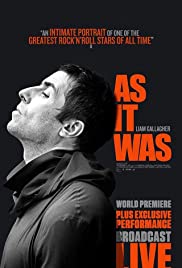
The emotional story of how one of the greatest rock frontmen went from the dizzying heights of his champagne supernova years in Oasis to living on the edge ostracised lost in the musical wilderness of boredom, booze and bitter legal battles
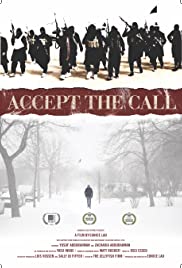
Accept the Call charts a Muslim American family’s struggle against Islamic radicalisation. Through a series of calls from federal prison, Yusuf and his son examine and rebuild their understanding of their faith.

There is no painter in the world both more famous and less known than Edvard Munch. The debt contemporary culture has towards Munch is impressive, from Andy Warhol to Ingmar Bergman, from Marina Abramovich to Jasper Johns. If his painting has become a symbol and at the same time an omen of the tragedies of the twentieth century, his art has travelled new and experimental roads of extraordinary modernity. Today, however, it is his city, Oslo, which sets a turning point for the knowledge of Munch: the birth of a new museum opened in Fall 2021. The documentary will start from there to shed light on a man and an artist with singular charm, a precursor and a master.
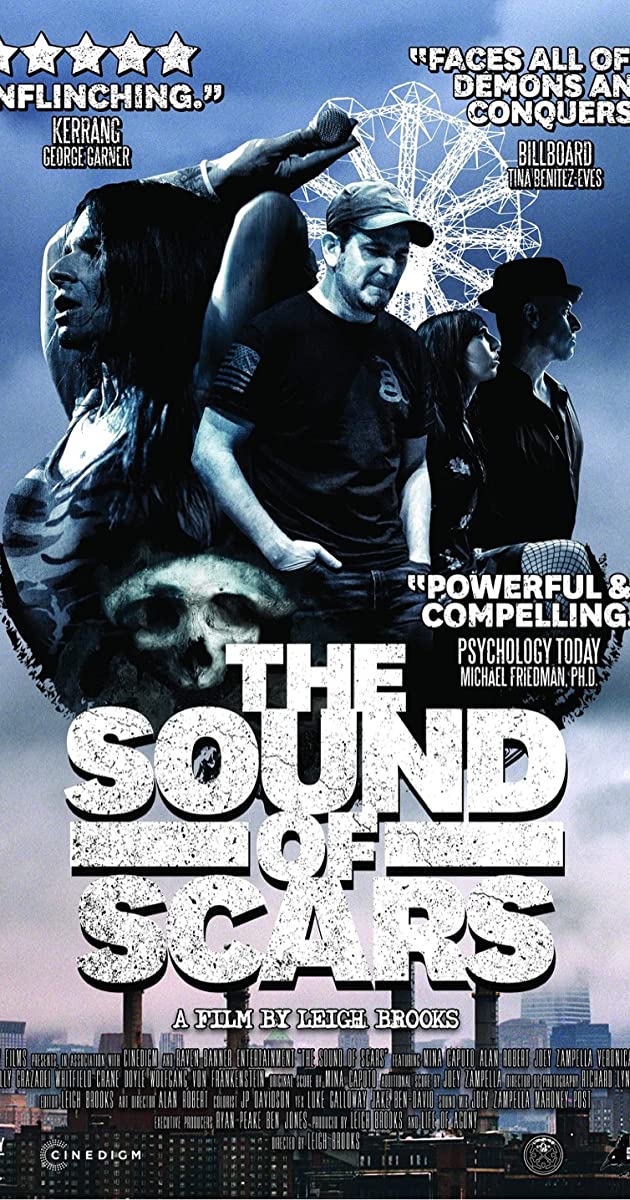
The story of three lifelong friends who overcame domestic violence, substance abuse and depression to form Life of Agony, one of the most influential bands in its genre, led by the very first openly transgender singer. Through the success of their groundbreaking 1993 debut “River Runs Red”, hailed by Rolling Stone as “One of the Greatest Metal Albums of All Time”, they channeled their cumulative life stories into a soundtrack for a broken generation. This new found fame allowed them to suppress the tragedies of their past, but in its wake new obstacles arose.
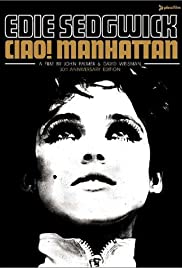
The very sad tale of socialite & Warhol muse Edie Sedgwick (1943-1971) who effectively plays herself in a film that follows her life in a large part from the time she left Warhol’s ‘factory’ and what the life of excess drugs did to her sanity. Edie was such a beautiful fragile girl – who finally got her head together and got married (her wedding day video is edited into the end of the movie) but it was too late, her husband woke up on a morning in November 1971, only weeks after filming wrapped, and found her dead beside him. She had died in her sleep from overdosing on her medication she was 28.

A decades-long friendship drives an architect and a bio-medical scientist to make the weirdest music you’ve ever heard in your life.
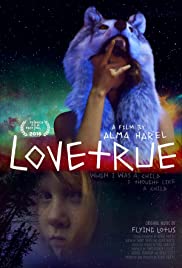
From an Alaskan strip club, a Hawaiian island, and the streets of NYC—revelatory stories emerge about a deeper definition of love.
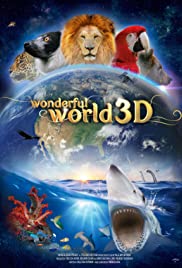
Our world is the home of millions of plant as well as animal species and provides several territories, each with its own geological and climatic conditions: steep mountains, deep forests, wide oceans and arctic ice deserts. The inhabitants have adapted to its different conditions and are still developing new strategies to survive. “Wonderful World 3D” not only takes a look at the interesting creatures of our planet, but also highlights cosmological circumstances, which made our world unique, diversified and above all so adorable.

Ireland has gone MMA mad. The new wave of fighters will be better than ever.
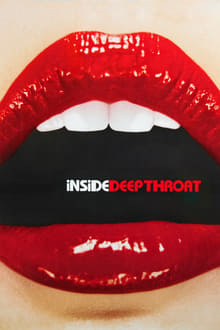
In 1972, a seemingly typical shoestring budget pornographic film was made in a Florida hotel, “Deep Throat,” starring Linda Lovelace. This film would surpass the wildest expectation of everyone involved to become one of the most successful independent films of all time. It caught the public imagination which met the spirit of the times, even as the self appointed guardians of public morality struggled to suppress it, and created, for a brief moment, a possible future where sexuality in film had a bold artistic potential. This film covers the story of the making of this controversial film, its stunning success, its hysterical opposition along with its dark side of mob influence and allegations of the on set mistreatment of the film’s star.

The playwright Brian Friel stands among the giants of Irish literature. From the 1980s onwards, he withdrew from media and public life. This film sets out to show, through family, friends, actors, directors, as well as via his own handwritten and typed letters, personal archive, and readings from some of his plays, how Brian Friel re-defined Irish theatre in the second half of the 20th century.

In a courtroom in Queens, women facing prostitution charges may earn a chance at redemption thanks to an experimental program established by a team of rebel heroines working to change the system.